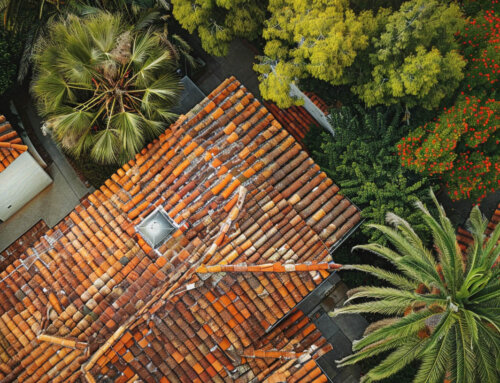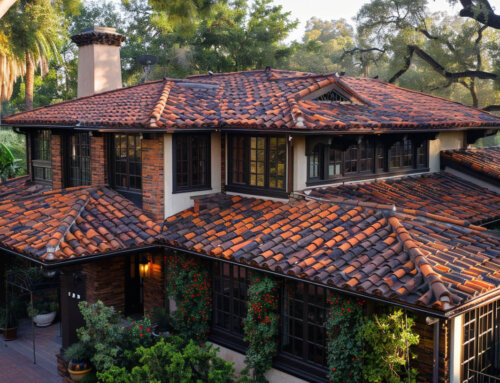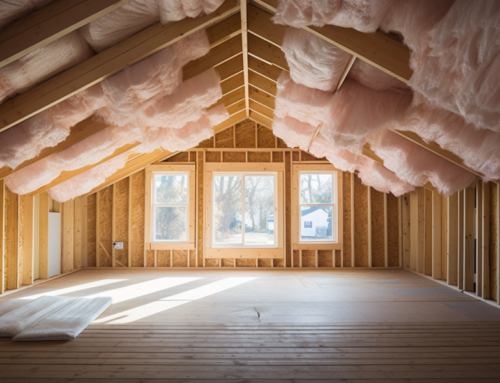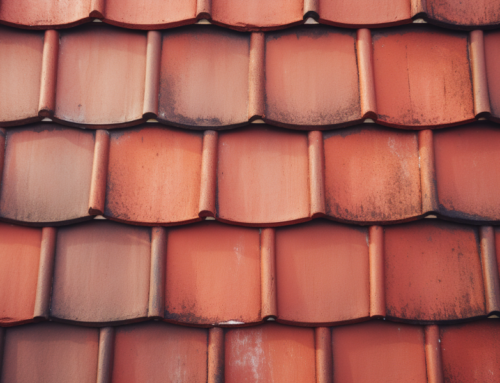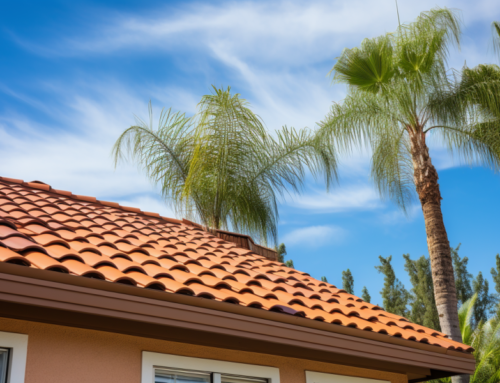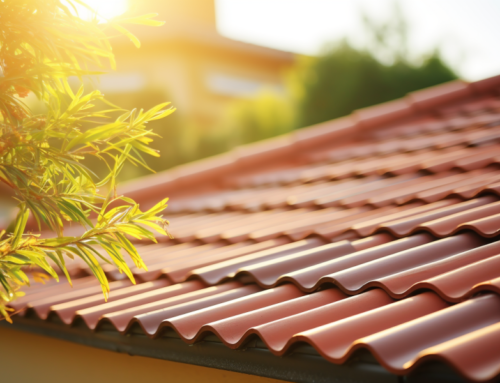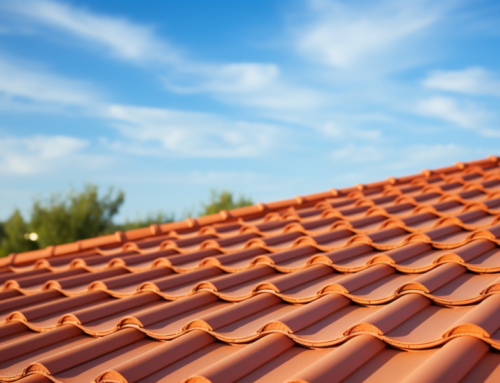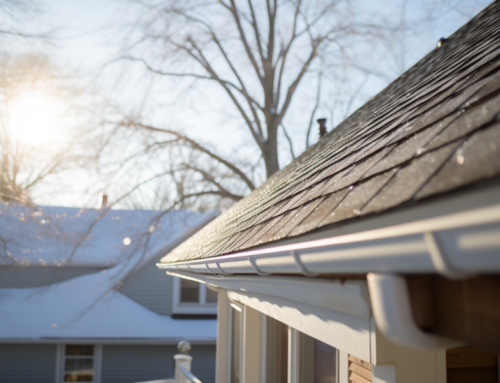Living by the ocean is a dream for many. The sound of waves crashing, the scent of salt in the air, and the sensation of sand beneath your feet are undeniably captivating. However, coastal living presents unique challenges for homeowners, especially when it comes to maintaining the roof. Here, we delve into the effects of coastal environments on roofing and offer solutions to ensure your roof remains resilient.
The Impact of Saltwater Corrosion
One of the most pronounced effects of coastal living is the corrosion caused by saltwater. Salty sea air can deteriorate your roof, especially if it comprises metal or has metal components like nails, flashing, or vents. The salt in the air undergoes a reaction with the metal, leading to rust, which can weaken the roof’s structure over time. Even materials like concrete, wood, and asphalt shingles aren’t immune to the corrosive nature of saltwater. Constant exposure can erode protective coatings, making them more vulnerable.
Challenges Posed by Moisture
Coastal areas typically have higher humidity levels, increasing the risk of mold and mildew. Excess moisture can rot the wood and insulation in your roof, compromising its structural integrity. Trapped moisture can also warp the roof deck, leading to potential leaks and interior damage. Moreover, the accelerated rusting process in metal components is another concern.
Algae and Lichen: More Than Just Aesthetic Concerns
The mix of moisture and salt in the air can foster the growth of algae and lichen on roofs. While they might mar the appearance, the real concern is the potential damage. These organisms can retain moisture, leading to the premature degradation of roofing materials. Their growth can also dislodge shingles, creating water entry points.
Erosion and Pitting: The Wind and Sand Effect
Constant exposure to wind and sand can erode and pit your roof, especially if it’s made of softer materials like asphalt shingles. The abrasive action of wind-driven sand can strip protective granules from asphalt shingles, exposing them to UV rays and other environmental factors. This can make shingles brittle and less effective against water ingress.
Battling Wind Damage
Coastal regions often face strong winds and storms, posing significant challenges for roofs. Loose shingles can be blown away, and strong winds can cause uplift, where the wind gets beneath roofing materials. This can lead to leaks, water damage, and even structural issues if not addressed promptly.
Strategies for Coastal Roofing Resilience
- Selecting the Right Materials: Materials resistant to corrosion, like stainless steel, copper, or aluminum, can mitigate saltwater effects. For non-metal roofs, protective coatings or sealants can offer added defense against the elements.
- Emphasizing Regular Maintenance: Routine roof inspections and maintenance can address issues early. This includes cleaning debris and removing algae and lichen growth. It’s beneficial to collaborate with a professional roofing contractor acquainted with coastal challenges.
- Enhancing Ventilation: A well-ventilated attic can prevent moisture buildup, reducing mold and mildew risks. Proper ventilation also prolongs the lifespan of roofing materials by preventing excessive heat buildup.
- Opting for Wind-Resistant Roofing: Wind-resistant materials like metal or concrete tiles can withstand strong winds better. Their weight and design offer added protection against wind uplift.
- Implementing a Natural Windbreak: Planting trees or shrubs around your property can act as windbreaks, shielding your home and roof from wind and sand erosion.
Living by the beach has its perks, but it’s crucial to recognize the potential impacts on your roof. With the right precautions, you can minimize these effects and enjoy your coastal home for many years. Remember, consistent maintenance and the appropriate materials play a pivotal role in preserving your roof’s lifespan and integrity. If you’re concerned about your roof’s condition in the San Diego area, reach out to San Diego County Roofing & Solar. We’re here to assist with expert consultations and inspections by licensed professionals.



